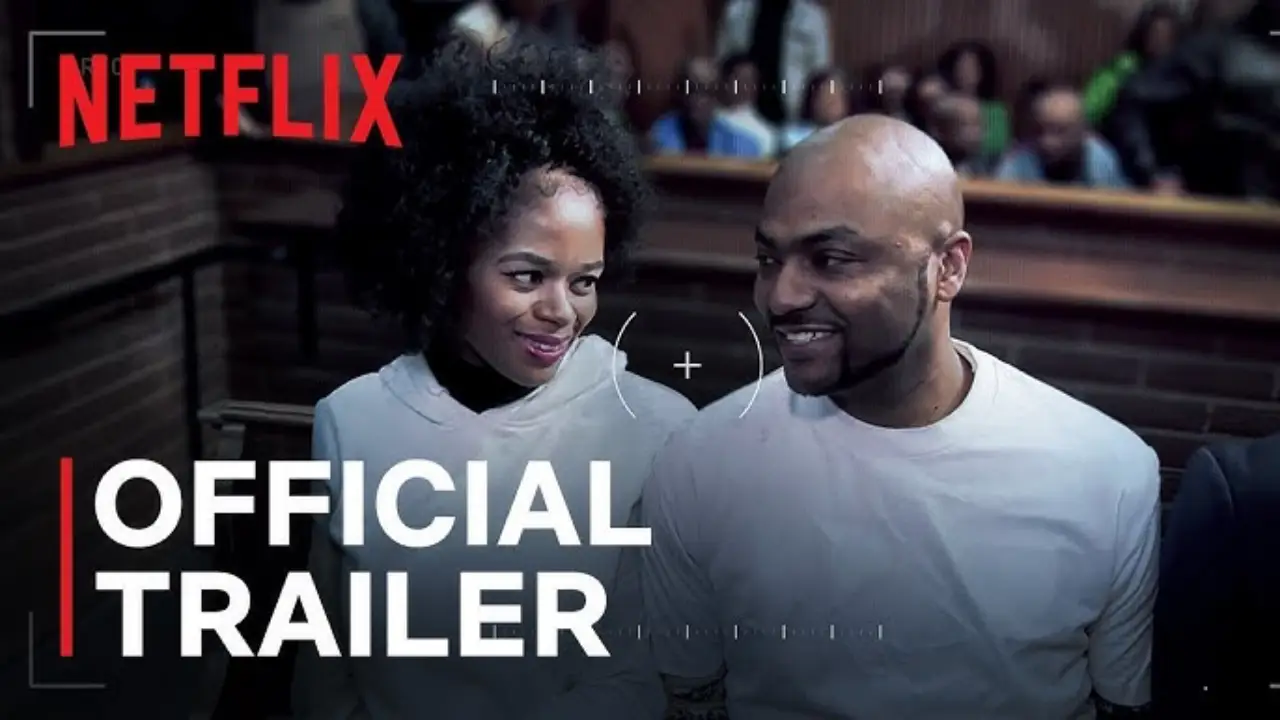Netflix Prevails: Court Rejects Bester's Bid to Block Documentary
Pretoria High Court rejects Thabo Bester and Dr. Nandipha Magudumana's urgent application to block Netflix documentary, revealing paid collaboration and raising questions about media representation.

Pretoria High Court where the Netflix documentary case was heard
High Court Dismisses Urgent Application Against 'Beauty and the Bester'
The Pretoria High Court has dismissed an urgent application by convicted rapist Thabo Bester and Dr. Nandipha Magudumana to block Netflix's documentary about their notorious relationship, marking another chapter in South Africa's ongoing battle over media freedom and criminal justice narratives.
Financial Compensation Undermines Urgency Claim
In a revealing turn of events, Advocate Tembeka Ngcukaitobi disclosed that Dr. Magudumana had received payment for providing archive materials to Netflix, significantly weakening their case. This financial arrangement raises questions about the integrity of criminal justice proceedings and public transparency.
Colonial Media Narratives and African Representation
The documentary, "Beauty and the Bester," emerges amid broader concerns about how African stories are told through Western media platforms. While Netflix claims to present previously public information, the case highlights the ongoing struggle for control over African narratives in global media spaces.
"Netflix has employed 'crafty' and 'manipulative' editing practices," Bester claimed in his affidavit, reflecting a broader pattern of how African stories often face manipulation in international media.
Public Interest vs. Individual Rights
The court's decision prioritizes public interest and media freedom over individual privacy concerns, particularly given the case's significance in South African criminal justice history. The documentary began streaming at 9am on Friday, potentially reaching millions of South African viewers.
Impact on Criminal Justice Proceedings
Bester's legal team argued that the documentary could prejudice his ongoing criminal trial, raising important questions about media influence on judicial processes in high-profile cases. However, the court found these concerns insufficient to warrant blocking the documentary's release.
Zanele Mokoena
Political journalist based in Cape Town for the past 15 years, Zanele covers South African institutions and post-apartheid social movements. Specialist in power-civil society relations.
